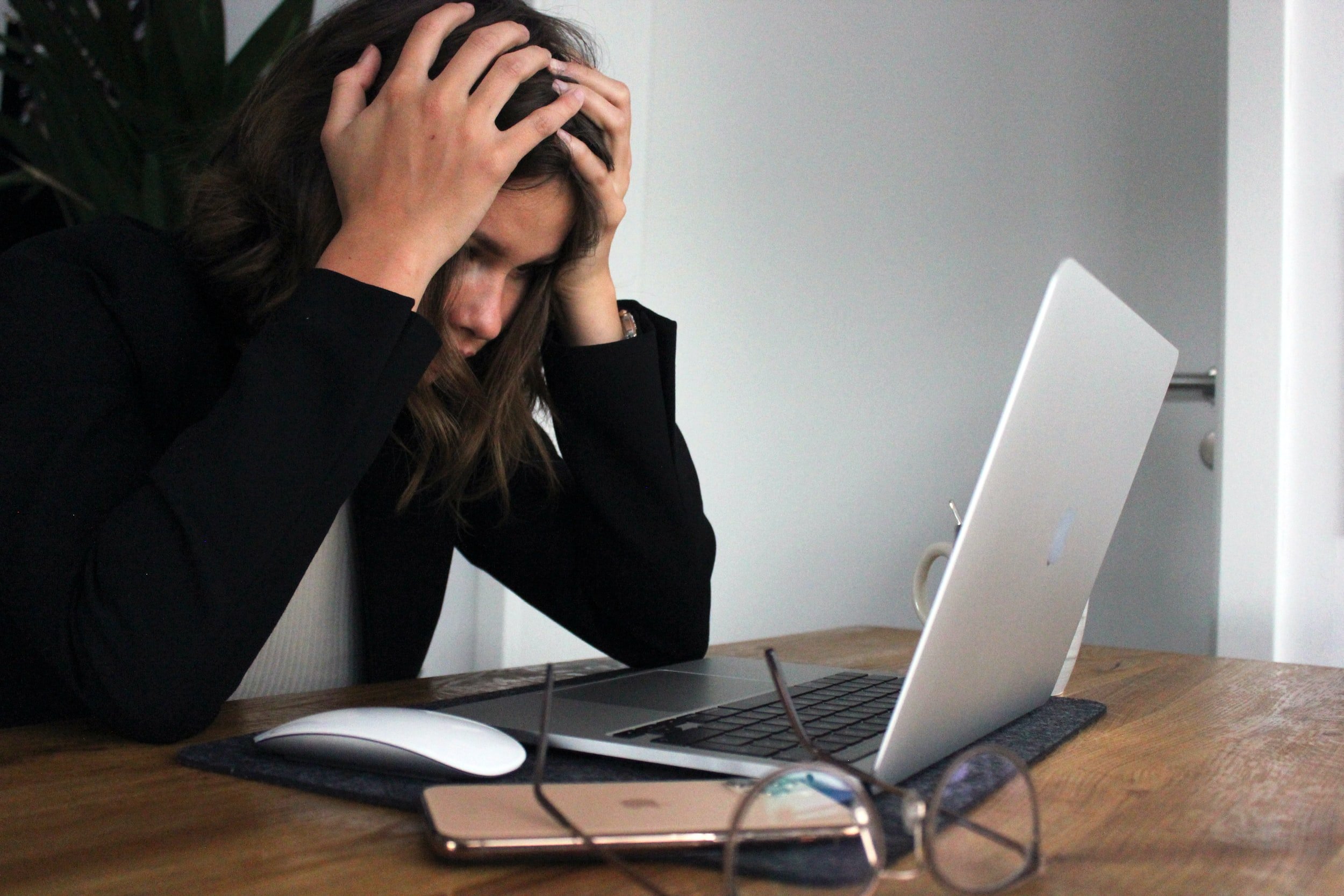Effects of Bullying on Eating Disorders
Eating disorders are multifactorial illnesses. It is generally difficult to identify the sole driving force behind an eating disorder. Instead, they often manifest due to an accumulation of biological factors, sociological influences, and environmental stressors. Bullying is one major stressor that can heighten the risk of developing an eating disorder.
By: Samreen Khan
Bullying Statistics
While bullying can happen anywhere – work, school, and even at home – the predominant settings bullying occurs in are middle and high schools. In 2020, the CDC reported that 28% of middle school students and 16% of high school students reported being victims of bullying (CDC).
A study conducted by Duke University Medical Center showed that eating disorders were 14.3% more likely to occur in victims of bullying than individuals who had not been bullied in their youth (NCBI).
The same study indicated that individuals who reported bullying were 15.2% more likely to exhibit symptoms of various eating disorders than those who were uninvolved in bullying (NCBI).
But why does bullying cause a higher chance of developing an eating disorder? For one, the biggest target for verbal harassment is physical appearance (Pacer). Having one’s physical appearance constantly belittled and berated can result in body image issues. Body image issues can give way to disordered eating in an attempt to “fix” one’s body and lead to an eating disorder. Kids who face bullying that targets other aspects of their identity – common ones include race/ethnicity, gender identity, disability, religion, and sexual orientation – may feel they lack control over the situation. For some, eating disorders can provide a way to exert control over one aspect of their life. For others, it can be a manifestation of the lack of control they feel.
Either way, a lack of control often leads many individuals to develop eating disorders. Any form of targeted harassment is bound to erode one’s self-esteem, especially since bullying is prevalent at school during crucial developmental stages of adolescence. Two-thirds of pre-teens reported that bullying negatively impacts how they feel about themselves (CN). Low self-esteem can make individuals increasingly more susceptible to eating disorders and various other mental health conditions, such as depression and anxiety.
Bullying can also be a sign of low self-esteem, so many bullies often suffer from eating disorders. Many people, especially pre-teens and teenagers, take out these insecurities on their peers, projecting their fears and turning them into aggression.
In addition, the pandemic had a notable impact on bullying. Many students may have been relieved to be at home during quarantine, where physical harassment could not occur, but cyberbullying rates rose by 70% in April 2020 alone (l1ght). Because most kids were spending significantly more time on social media during the pandemic, this breeding ground for harassment became even more detrimental for many teenagers. Being in isolation made it easier for individuals to engage in disordered behaviors, as many people turned to their eating disorders to cope with the stress of the pandemic. Cyberbullying is exceptionally dangerous because it can take place anytime and anywhere. When this harassment follows students into the comfort of their homes, students begin to feel hopeless, and they often start taking it out on themselves through an eating disorder.
Being a victim of bullying can create feelings of worthlessness and desolation, leading people to believe they deserve this hurtful treatment. As a result, when an external source is bullying an individual, it makes it easier for internal bullies, like an eating disorder, to emerge. This is why raising awareness about the detrimental impacts of bullying is necessary. Still, it is crucial to protect students from bullying by providing them with resources and safe spaces to reach out to when they feel unsafe.
For a limited time only, BALANCE eating disorder treatment center™ now offers a two-week virtual spring intensive program for students! Our 12-day treatment program is specifically designed for students and allows clients to access the necessary skills to begin healing now without taking extended time off from school. BALANCE admissions therapists are happy to support you in coordinating treatment with your school during our expertly coordinated admissions intake process. Click here to learn more about our spring break program.
This post was written by BALANCE Blog Contributor, Samreen Khan (she/her/he/him).
Samreen is a senior high school student with an ardent drive to de-stigmatize mental illness and eating disorders. Born and raised in the Bay Area, she experienced the harmful effects of “fitspo” culture firsthand for most of her childhood. Throughout her own recovery journey, she became passionate about deconstructing diet culture and raising awareness about eating disorders in her everyday life. Samreen began extending her own ideology of intuitive eating and body neutrality to others by publishing her own writing online when she was fourteen, and has since received several awards for her prose and poetry. She has conducted research on the biological and evolutionary implications of familial mental illness, and is currently taking college-level Sociology and Psychology courses with hopes to delve further into the social and cultural constructs that bolster disordered eating, especially within marginalized communities. She’s grateful for the opportunity to combine two of her strongest passions — writing and mental health — by working with BALANCE!



